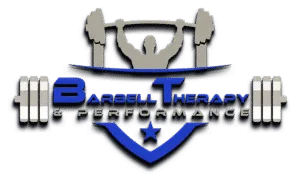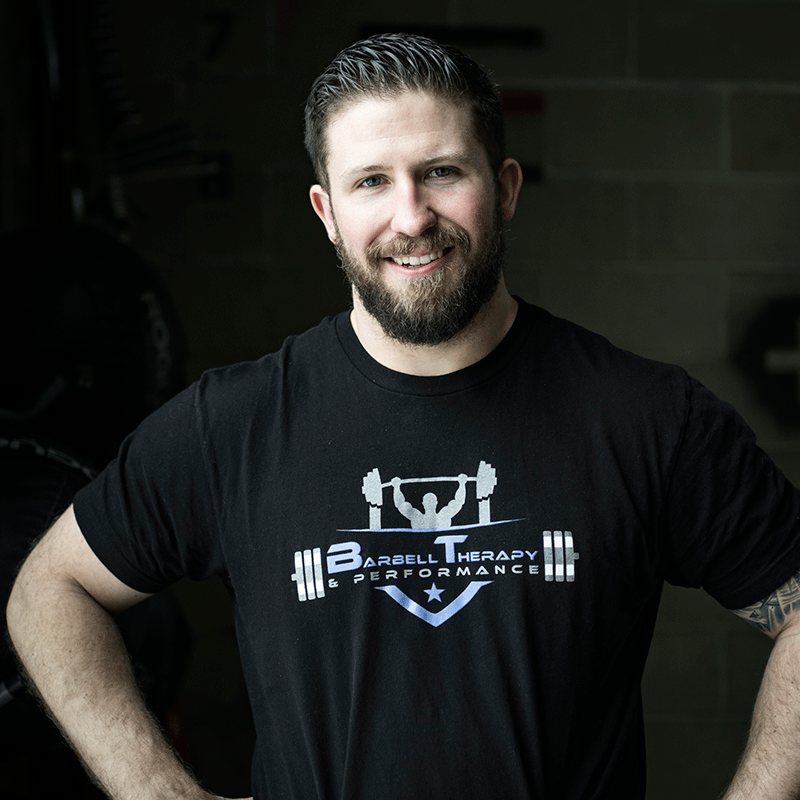The dreaded deload week. Most view it the same way they do filing their taxes. It’s kind of a hassle to do, gives no instant gratification, and you’re not so sure what the return will be in a few months. But with a well tracked program and training methodology, taking a week long deload every 4-6 weeks will give more than you bargained for with that return on investment you hoped for when you submitted those tax filings. So here is why should incorporate a deload into your training.
1-Recovery
The most obvious of all reasons on why we need to deload but it’s not something everyone feels they need. Regardless of how well your training program works and progresses over time, we all need some rest. Rest is actually the time we get better at things. When we’re working out the body is actually breaking itself down all the way to the cellular level. So our joints, muscles, connective tissue, etc., need some downtime to repair so you can keep training for the long haul.
And did you notice after that max deadlift session last Monday that now only 80% of that weight feels heavy? It takes the nervous system four to six times longer than the musculoskeletal system to recover adequately. Research shows it takes about fourteen days for an individual to fully recover from a max deadlift. This is not something most can see or feel unless very in tune with their body and have a significant training age. It usually isn’t until you start noticing those numbers you usually hit are starting to get harder for some reason that one will reluctantly take some time to rest up.
Recovery tip- Track your resting heart rate each morning before even rolling out of bed. If it is significantly faster or slower than what is considered normal(60-100 beats/minute) there is a chance you are in an overtrained state.
2-Variability and versatility
When training towards something very specific like powerlifting, weightlifting, baseball etc, a competition prep cycle becomes very narrowed to training those specific movements necessary to accomplish the task, and rightfully so. But we cannot train only those sport specific movements year round. We have this thing called “life” that we also need to be “fit” to handle. The effect we expect from a training block is some type of adaptation to improve performance. However, we do not want to be so adapted to one task that we can no longer perform other general tasks. So on this other end of the spectrum we have variability which is a main goal of deload week. Training different movement patterns, energy systems, and exposing yourself to different stressors from a regular training block will help to work on weak points and keep ourselves somewhat well rounded. Today’s competitive youth sports and injury rates today are a prime example of why we need variability in training. Those that play one sport athletes year-round have significantly higher rates of overuse injuries than those that are multi-sport athletes. And then look at those at the professional level today. Many were multi-sport athletes growing up all the way through high school. They learned movement variability before they applied any specificity into their training. It makes for overall better athletes that have various movement options for competition, and has also made them more durable.
3-Durability
Much of the last point made lends its hand to promoting durability. My definition of durability is the ability to do things repeatedly over time without things breaking down. The over arching goal of training itself should be to build our body to be resilient to injury, disease, disability, and improve quality of life. The deload week should put some extra focus on this. Don’t worry about weight. Take this week to focus on technique, and focus the efforts in on how you articulate your movements. The better we train our movement patterns the less likely you will be to acquire an injury. This will have a layover effect into your more intense workouts later on because if we learn to move more effectively, we should be able to move more weight.
4- Functionality
Yup, the very cliche and ambiguous term in the fitness industry these days that gets thrown around like a tennis ball of the wall in the trainer’s office. To me, being functional means being able to successfully partake in whatever one’s desired activities are, but also to be able to get through life. If you want to be a bodybuilder and grow your biceps… well then I think a bicep curl is a great functional exercise to get those puppies to grow! But don’t forget…life happens too. To get through life we really need to be able to hip hinge, squat, lunge, push, pull, and carry. Incorporating these movements into your training will keep you healthy for a lot longer than if you avoided them. These are typical movements we should always be incorporating into practice in some way shape or form. Some may be familiar with know as “GPP” or general physical preparedness. There are some great layouts of GPP you can find on the depths of the interwebs and I highly suggest trying one out. These are the fundamental movement patterns of life and we need to keep them moving like a well oiled machine if you want to stay healthy for the long haul.
Incorporate these practices into your deload week and I can assure you that the return of investment on your next training cycle will be much greater than you expected.
Key words and phrases: period of time weeks of training strength training programs typical deload rest days intermediate lifter tendons and ligaments build muscle full week training sessions strength athletes bench press deload period


